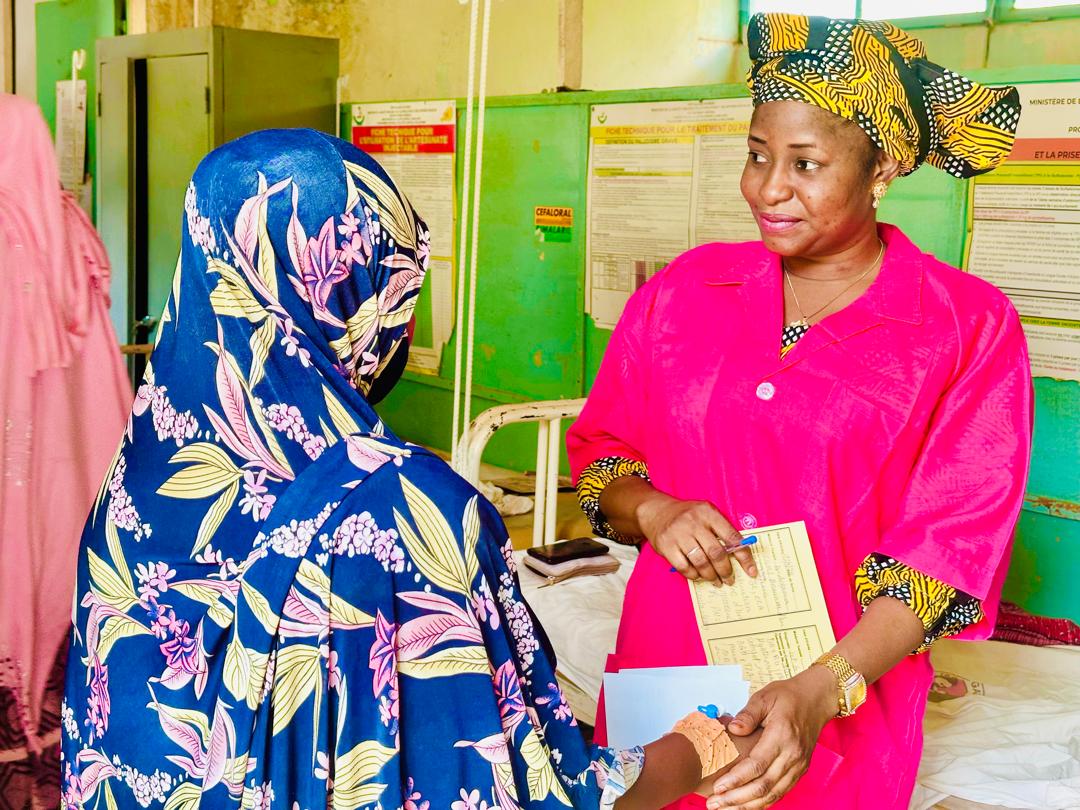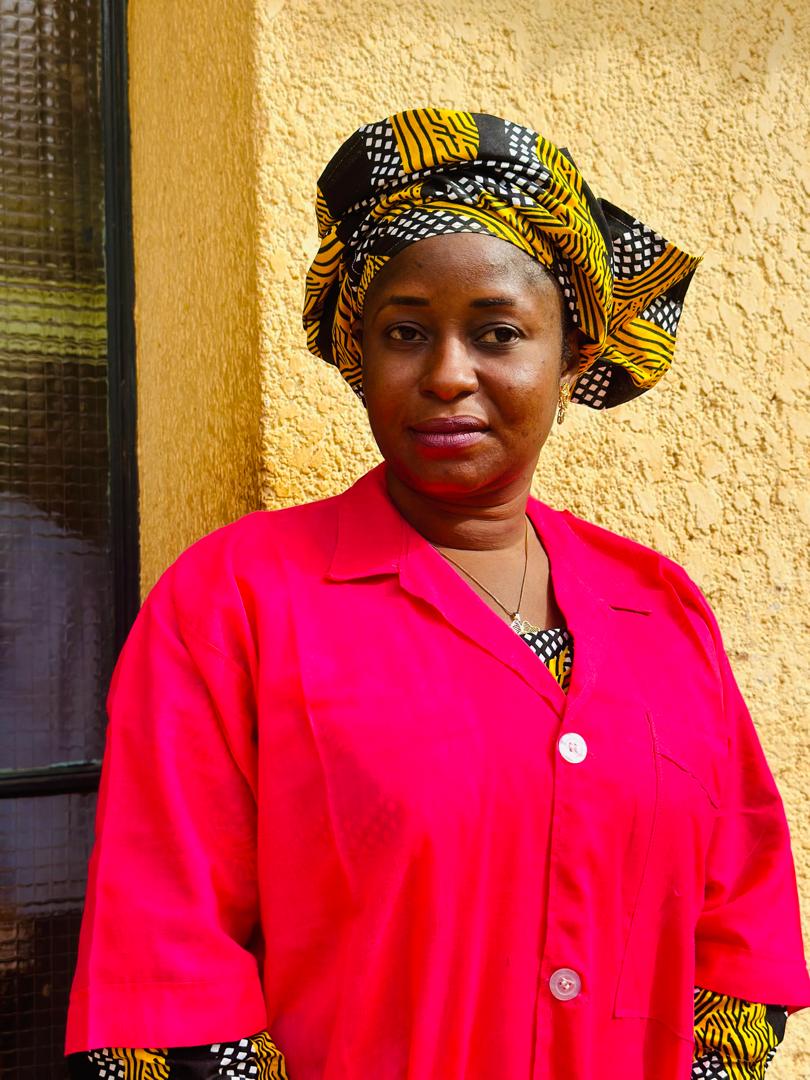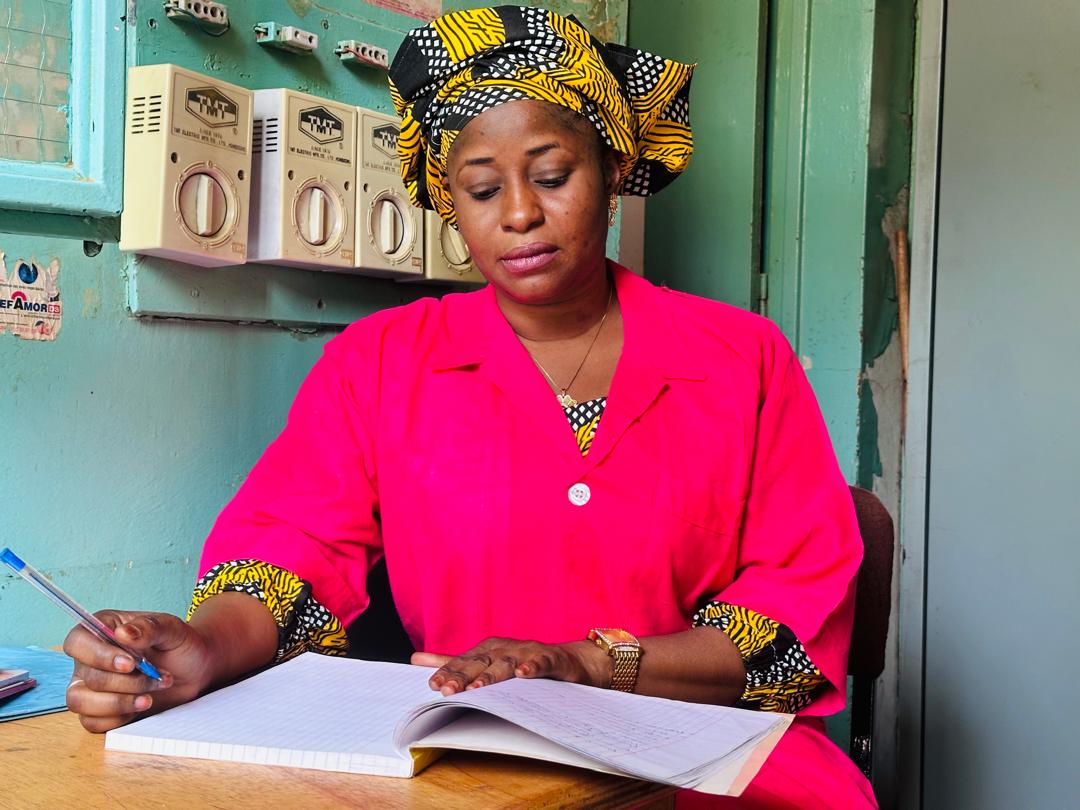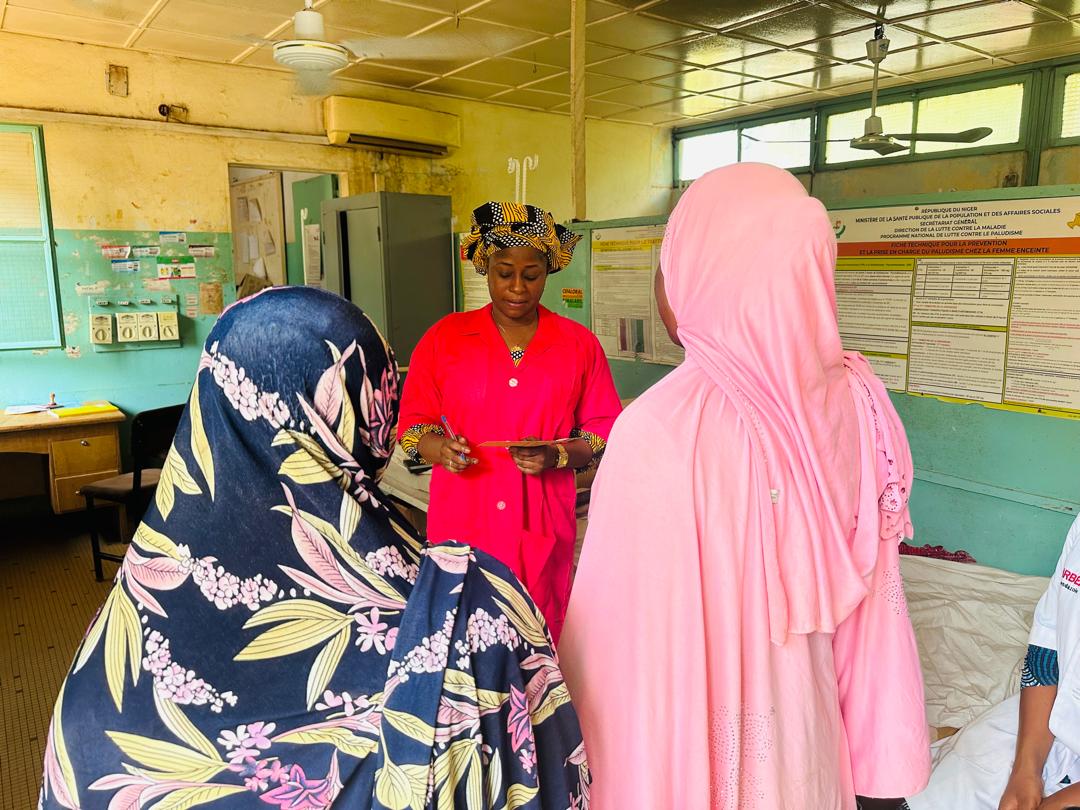
Menstrual Hygiene Management in Niger - From Silence to Empowerment

Menstrual health is a fundamental human right. To break the silence, challenge taboos, and raise awareness, WASH United established Menstrual Hygiene Day, celebrated annually on May 28th since 2013. This year, we examine the impact of a joint initiative on gender, hygiene, and sanitation led by UN Women and WSSCC in Niger, Senegal, and Cameroon. Here, we share the testimonies of three local actors reflecting on the lasting impact of this joint initiative in the West African Sahelian country of Niger where over 50% of women had poor menstrual hygiene.
Silence, Poor Sanitation, and Harmful Practices Once Veiled MHM in Niger
Prior to the implementation of the joint UNWOMEN/WSSCC program initiative, MHM faced significant obstacles. Maimouna Yaye Seyni, who served as the program manager from 2016 to 2018, recalls that it was facing numerous challenging: “Before UN Women and its partners addressed menstrual hygiene management (MHM) in Niger, it was shrouded in silence due to taboos, prohibitions, harmful practices, and socio-cultural barriers”. Girls had poor access to information on menstrual hygiene, leading to harmful practices such as using non-hygienic materials and improper management of reusable kits. These behaviors negatively affected their sexual and reproductive health, sometimes causing recurrent infections.
To illustrate the impacts of inadequate menstrual hygiene management (MHM), a joint assessment conducted by UN Women and WSSCC surveyed 1,310 individuals across four regions in Niger in 2017. The findings revealed that over 50% of women had poor menstrual hygiene. Harmful practices during menstruation, including nutritional, sexual, and religious restrictions, were widespread. Men and boys showed little concern and provided minimal assistance to women and girls in managing their menses. Notably, poor MHM practices were significantly more prevalent among nomadic women (98%) compared to their sedentary peers (49%).
Negative Impact of Poor MHM on Girls’ Education

In Niger, like many developing countries, menstrual hygiene management was previously neglected. “Prior to UN Women’s intervention, girls experienced high absenteeism during their periods due to inadequate sanitary facilities and lack of access to pads,” declares Maimouna, the former program manager before adding that teachers and school administrators also lacked sensitivity toward girls’ needs. Furthermore, she also recalls that male students had limited education about MHM. These combined factors resulted in poor academic performance for girls, and in some cases, they even dropped out of school altogether.
Negative Impact of Poor MHM on Women’s Productivity
In Niger, insufficient management of menstrual health has had adverse effects on women’s social and economic lives as well according to Maimouna. Decision-makers’ lack of awareness often leads to silence around menstrual hygiene issues. The high cost of quality menstrual pads, coupled with poverty, results in this critical need being overlooked in family budgets, leading to harmful practices. Additionally, inadequate sanitary facilities in markets and public places force women to take time off work during their periods, resulting in lost productivity.
Strategic Interventions Lead to Transformation

Recognizing the beneficial outcomes of the four-year joint program, the former Program Manager emphasizes the successful integration of menstrual hygiene management (MHM) into sectoral policies. UN Women’s involvement extended beyond providing financial and technical assistance; they actively mobilized influential stakeholders to address the silence surrounding MHM. Additionally, the program tackled critical infrastructure challenges by maintaining toilets in schools and health centers, ensuring access to water and sanitation, and employing advocacy strategies aimed at decision-makers. Maimouna also praises the integration of MHM in various UN projects and programs, from rural economic empowerment initiatives to efforts to end gender-based violence. This comprehensive approach has significantly raised awareness and mobilized the public to promote behavior change.
The 2017 final evaluation of the joint WSSCC/UN Women program confirmed the effectiveness of adopting national legislation and policy changes related to menstrual hygiene management (MHM) in Niger. Mrs. Djamila Adamou, a midwife with over 16 years of experience, attests to the program’s impact: ‘Significant positive changes have occurred. Menstrual hygiene programs are now widespread in schools and health centers, providing girls with health kits and education on usage and infection prevention. This impact extends even to non-schooled populations in remote villages.’
Socio-Political and Humanitarian Challenges Remain Amidst Positive Results
Despite achieving significant milestones, Niger still faces challenges in sustainably breaking old habits and empowering women through open dialogue. With a population of over 26 million people, the country is vast and diverse. While the four-year UN Women joint advocacy program successfully influenced national menstrual hygiene management (MHM) policies, its direct impact was however only limited to four regions. Persistent challenges include scarce resources and inadequate infrastructure, especially in rural areas. Nevertheless, UN Women remains steadfast in addressing these obstacles. As Maimouna aptly puts it, ‘The primary gap lies in resource availability: access to water, sanitation infrastructure, and sanitary pads.
For Mr. Abdel Nasser Moumouni, a young male leader trained on MHM, the need for more inclusive program which reach the crisis zones in Niger is urgent due to the increasing humanitarian needs. Women and young girls, who make up most internally displaced people and refugees, often face dire conditions where their basic hygiene and sanitation needs are unmet.Community Awareness and the Role of Men

To combat the stigma associated with menstruation, Djamila Adamou, the midwife, highlights the importance of promoting positive masculinity and fostering increased community engagement. She emphasizes that education is crucial for all genders. Girls need to be informed, educated on menstrual cycle and able to differentiate between natural and abnormal bleeding. Additionally, the midwife also stresses the need to sensitize men and boys about menstruation, emphasizing that it is a ‘natural biological process.’ Echoing this sentiment, Abdel Nasser underscores the significance of men’s involvement, especially in patriarchal societies like Niger. He asserts that: “Men, whether as fathers, brothers, or husbands, should actively support women in managing their menstrual health."
Addressing menstruation stigma globally is crucial. By breaking taboos, promoting awareness, and openly discussing menstruation, we can foster a more inclusive society. The joint UNWOMEN/WSSCC program demonstrates that integrating menstrual hygiene management (MHM) into development initiatives effectively combats silence and shame, empowering every woman and girl to thrive with dignity and good health.